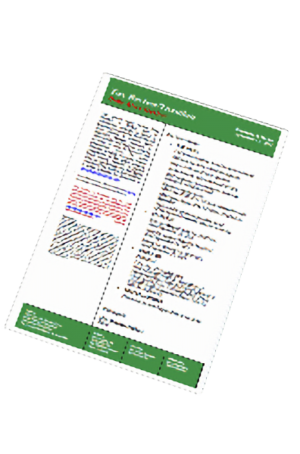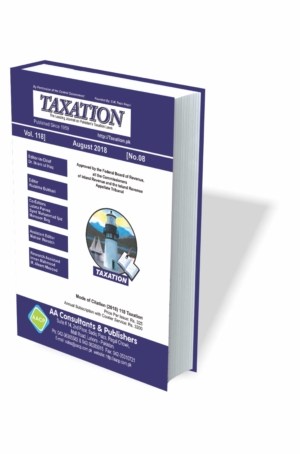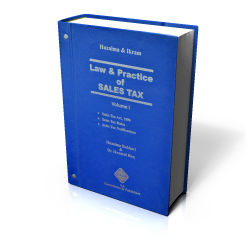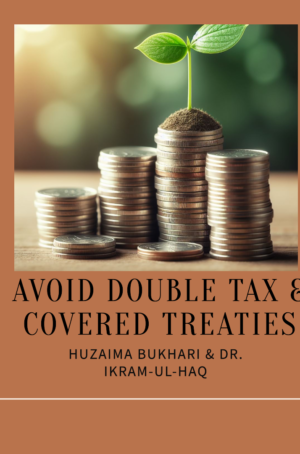Description
The fourth edition, published in 2005, received tremendous applause and appreciation. Since then sizeable case law has emerged having significant implications for tax practice. It was, therefore, imperative to bring out a revised edition, with the following new features:
Case-law is updated till December 31, 2017.
New “words and phrases” have been added to make the book more comprehensive and useful.
Comprehensive tables have been included which give comparative position of all the major Income Tax Laws in the Sub-continent since 1918.
The law cited is confined mainly to Pakistani courts including decisions pronounced by the courts in the Subcontinent prior to partition, which are binding on the Pakistani courts, if not overruled by any court of the country after independence Ramkola Sugar Mills Ltd. vs. NWFP [1960] 2 Tax (Suppl.29).
A number of new chapters have been added to include some basic principles and doctrines relevant for interpretation of taxing statutes.
International Tax Glossary, which was part of Third Edition, has now been provided at http://www.huzaimaikram.com with continuous updating for the benefit of readers to find meanings and scope of different terms, phrases and technical abbreviations without any hassle.
Terminology of different forms of Islamic finance is included in International Tax Glossary for the benefit of readers [visit our websites http://www.huzaimaikram.com].
Case law from 1886 to December 2017 has been analysed to deduce basic principles of taxation and interpretation of fiscal statutes. The book is unique as it gives a full view of the development of taxation since its inception in the Subcontinent. The preparation of this work was tedious and arduous. It involved intelligent scanning and careful perusal of thousands of judgements contained in numerous bounded volumes. A research work of this nature required strenuous efforts and long hours of continuous sittings. It could have not been accomplished without the cooperation of our sons, Abbas Askar and Ammar Askar, who showed immense patience in giving us the time that otherwise legitimately belonged to them.
We are specially thankful to all our staff members, for extending their whole-hearted cooperation in preparing the updated version.
We sincerely hope that advocates, chartered accountants, tax practitioners, judges, researchers, tax officials and academicians will find this work useful. We look forward to valuable suggestions from our ardent readers for improving this work in future.






